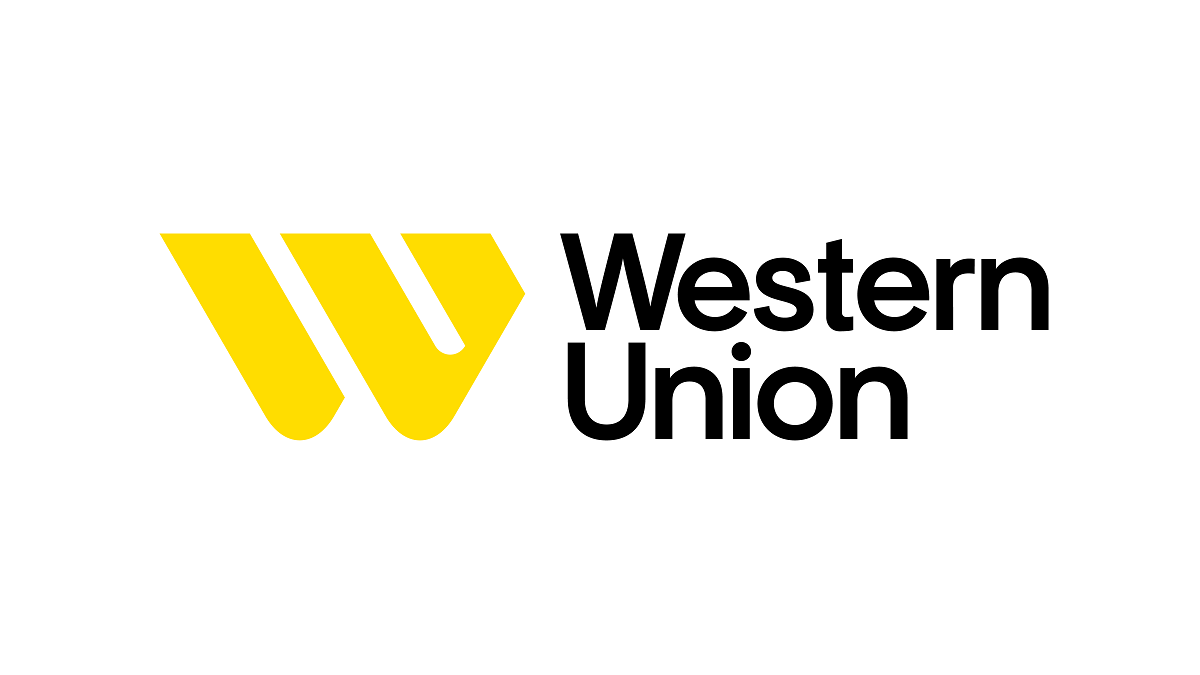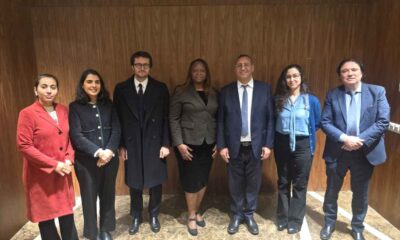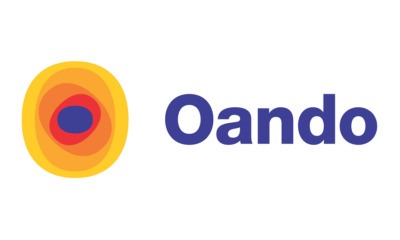As global populations navigate macroeconomic headwinds, consumers expect remittances to play an even stronger role in their current and future financial planning
CASABLANCA, Morocco, March 22, 2023/APO Group/ —
Inaugural Global Money Transfer Index surveys 30,600 consumers in 20 countries across the Middle East, Africa and Asia Pacific; Index voices consumers’ international money transfer preferences for today and tomorrow as they navigate global headwinds.
As global populations navigate macroeconomic headwinds, consumers expect remittances to play an even stronger role in their current and future financial planning. According to Western Union’s inaugural Global Money Transfer Index (https://apo-opa.info/402bPIO) launched today, 64% of global money transfer consumers send and/or receive money once a month or more. Over the next 12 months, 75% expect these remittances to increase.
The Global Money Transfer Index asks consumers how, when and why they use international money transfer capabilities today, as well as their expectations for tomorrow. Surveying 30,600 consumers in 20 countries across the Middle East, Africa, and Asia Pacific, it is the largest consumer research published by a money transfer operator. The results bolster Western Union’s ‘Evolve 25’ (https://apo-opa.info/3ZceYEx) strategy to combine high-value, accessible retail and digital financial services for all.
Focus on Africa
In Africa, five key markets were surveyed. These are South Africa, Kenya, Nigeria, Senegal and Morocco.
According to the findings, the majority of Africa’s consumers (62%) receive money transfers at least once a month or more. Fifty-nine percent send funds across borders at the same rate. Over the next 12 months, more than three-quarters of Africa’s receivers (78%) expect these remittances to increase.
The Global Money Transfer Index shows that economic challenges such as higher global cost of living mean 81% of receiving consumers (compared to 79% globally) across the African continent are asking senders for more money. For the same reason, 72% of African senders (71%, globally) agree they are sending more than previously. This may contribute to why consumers state frequency and volume of remittances are primarily influenced by family requirements, despite common perception that remittances are driven by when salaries are received.
“The Index tells us that the cost-of-living squeeze across Africa means consumers are relying on money transfers as their daily lives have become more challenging,” said Mohamed Touhami el Ouazzani, Head of Africa at Western Union. “As consumers tell us that the remittances they receive will need to increase, it is imperative for money transfer providers to stay agile, and support consumers on their journey.”
While family support is identified as the main purpose for remitting, consumers say transfers also play a strong role in future financial planning. Paying for education costs ranks second-highest as a reason consumers remit money. Supporting business interests at home and saving for the future are cited by consumers as critical reasons too.
Maximizing opportunity during times of instability
Consumers also demonstrate that they keep a sharp eye on how their local currency performs back home. In a bid to maximise on opportunity, 67% of consumers in Africa (68%, globally) send more money when the currency value falls in their receiving country. Sixty-five percent of receivers across the region agree that when currency values fall, they receive more money.
The Index tells us that the cost-of-living squeeze across Africa means consumers are relying on money transfers as their daily lives have become more challenging
Currency fluctuations are front-of-mind for consumers. When asked about the future, 84% (79%, globally) of senders want money transfer brands to offer an additional service notifying them when relevant currency values begin to shift so they can plan transfers accordingly. Achieving better service and greater value also reflects in how consumers determine which money transfer brands to use. Criteria such as achieving the best exchange rate, ensuring lowest or no charges paid by receivers and speed of transfers sit in the top three.
Digital today, choice tomorrow
Industry research shows that there are over five billion internet users in the world today, growing at an annual rate of 1.9%. This growth rate is even higher in developing economies. 1 In sync with this, the Index highlights that over half (58%) of Africa’s consumers want to use digital-only solutions for their money movement needs.
However, three billion people remain unconnected, so there is much more to do to achieve true digital equity. Of those who choose not to use digital transfer services at all, trust and customer experience are identified as top barriers—along with a preference to seek face-to-face interaction—among both senders and receivers.
When consumers look to the future, however, the picture changes. Almost half, 49% of consumers in Africa (52%, globally), want a choice in platforms when transferring or collecting. Bridging the digital with in-person experiences will significantly broaden the consumer financial ecosystem.
“Combining digital and physical experiences is the power behind Western Union’s strategy,” said Ouazzani. “If we want to maximise financial inclusion, we must offer consumers diverse options when moving money. This is vital if we want to create long-lasting relationships with consumers and make meaningful impact in communities.”
Innovation sits high on consumers’ agenda
Consumer preferences will continue to spur innovation within the financial services industry. When asked how they would like remittances to evolve, the focus is on advances that will enable even greater convenience, better planning and inclusivity.
Seventy-four percent of senders and receivers across Africa are frustrated with repetitive and time-consuming paperwork (72%, globally). In fact, 83% of senders in Africa (79%, globally) would prefer facial recognition/biometric technology for instant and reliable registration. Seventy-eight percent of receivers in Africa also want their funds to be disbursed on a prepaid card or e-wallet that does not require a bank account, as well as the option of receiving in different currencies (90%). Eighty-five percent of all consumers surveyed in the region are also eager for integrated ‘super’ apps, allowing them to manage remittances alongside other financial products with ease.
[1] https://apo-opa.info/3yYOgVk
Distributed by APO Group on behalf of Western Union Holdings, Inc..


 Business5 days ago
Business5 days ago
 Business5 days ago
Business5 days ago
 Energy5 days ago
Energy5 days ago
 Business5 days ago
Business5 days ago
 Energy3 days ago
Energy3 days ago
 Business5 days ago
Business5 days ago
 Business3 days ago
Business3 days ago
 Business3 days ago
Business3 days ago












